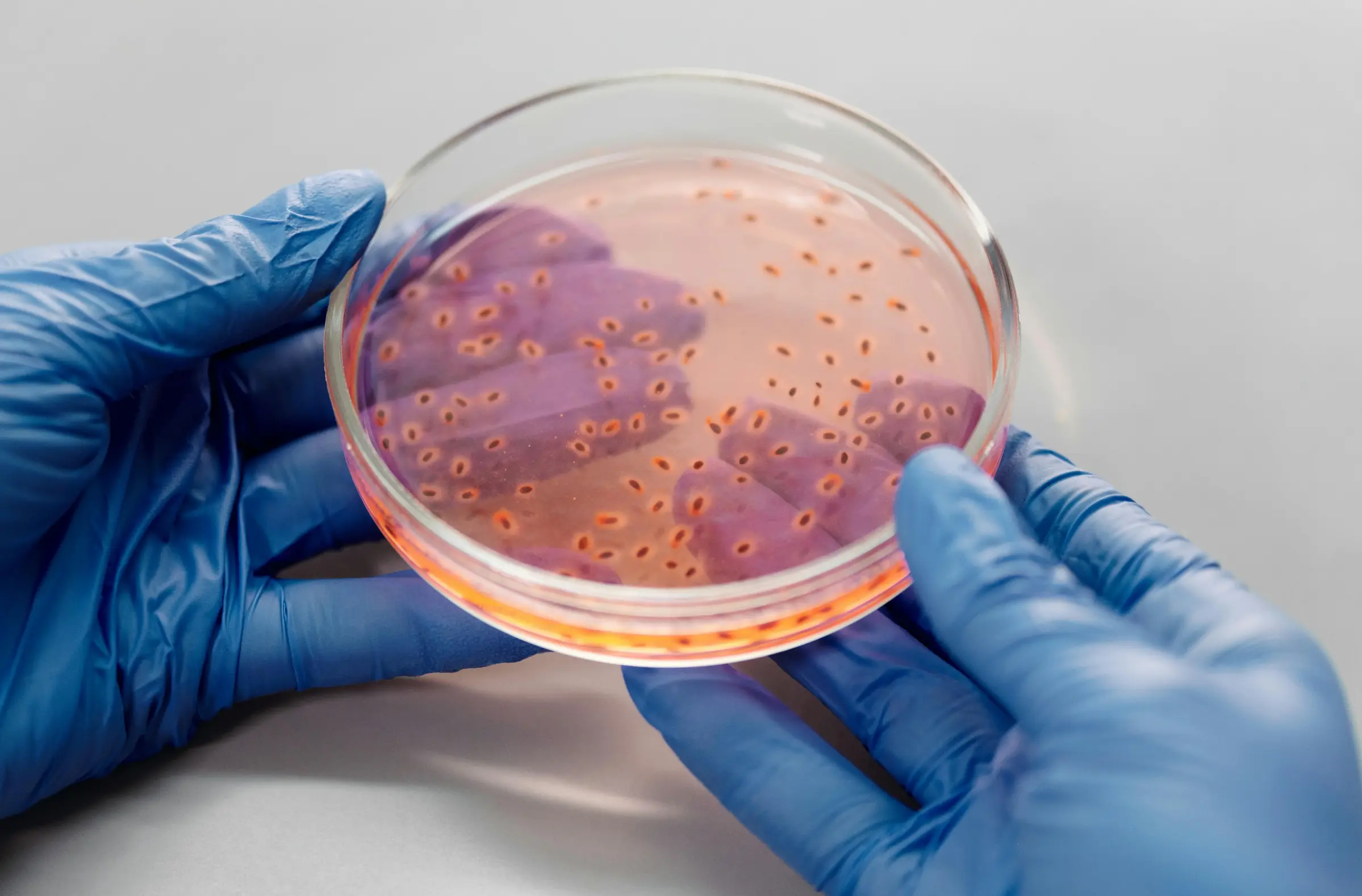Ultra-Processed Foods: Why Your Body Deserves Better
Behind each colorful packaging hides a reality your body is not built for.

Introduction
We encounter ultra-processed foods almost every day.
These are ready meals, snacks, soft drinks and many products that are manufactured in factories and contain additives.
But few reflect on what this really means for our health and well-being.
More and more studies are now highlighting the pungent relationship between the intake of ultra-processed foods and various health aspects, which makes the topic very topical.
What are ultra-processed foods?
Ultra-processed foods are defined as products that have undergone several stages of industrial processing.
They often contain additives such as preservatives, dyes, flavor enhancers and sugars.
Some classic examples are chips, convenience foods, energy drinks and sweets.
Compared to natural or minimally processed foods, these products often have gering nutritional content, but a lot of energy and additives.
The Difference Between Processed and Ultra-Processed Foods
There is a difference between processing food and ultra-processing.
For example, yogurt and bread are often processed, but this does not mean that they are always ultra-processed.
Ultra-processed products often have long ingredient lists and contain substances we don't traditionally use in the home kitchen.
How does ultra-processed food affect our health?
Ultra-processed foods are often linked to higher intakes of sugar, fat and salt.
This causes, among other things, the energy balance and saturation signals in the body to be affected.
Studies have shown associations between high consumption of ultra-processed foods and increased risk of disorders such as weight gain and impact on blood sugar levels (Source: Swedish Food Agency).
Examples of common ultra-processed products
- Ready meals, frozen pizzas, instant noodles
- Cookies, sweets, chocolate, ice cream
- Soft drinks, energy drinks
- Flavored crisps and snacks
These products are everywhere in stores and are often designed to be extra flavorful and enticing.
What does the research say?
Recent research links increased intake of ultra-processed foods to changing eating habits and impacts on gut flora.
Some studies suggest that the balance of the intestinal flora can be negatively affected by additives and low fiber content.
Nutrient absorption can also be affected when natural nutrients are replaced with additives.
So you can choose better in everyday life
Avoiding ultra-processed foods completely is difficult, but small changes make a big difference.
Start by cooking more food from scratch.
Bet on raw materials with short ingredient lists and choose naturally fresh foods such as vegetables, fruits, legumes, fish and lean meats.
Practical tips from Relivo
- Make simpler food boxes in advance so you don't have to make quick decisions when you're hungry.
- Read ingredient lists. The shorter, the better!
- Supplement with Relivos supplements, such as magnesium and probiotics, to support the body in a varied everyday life (Relivos Products).
- Avoid shopping when you're hungry -- it reduces the risk of being lured by energy-rich snacks.
How do I find good alternatives?
Swap out ultra-processed snacks for natural nuts, fruit or vegetable sticks.
Make your own smoothie instead of buying ready-made.
The more natural and nutrient-dense choices you make, the better for your body.
What do authorities and experts say?
The Food Administration and several international health organizations recommend limiting the intake of ultra-processed foods.
They argue that natural food provides a better nutritional profile and contributes to long-term health.
Public Health Agency and Harvard T.H. Chan School of Public Health are unanimous in their assessment.
Summary
Ultra-processed foods are smooth, but a high intake can negatively affect health in the long run.
By making small daily changes and prioritizing natural, nutritious food, you can take better care of your body.
Relivo is happy to support you with smart products and tips on the way to better food choices!











